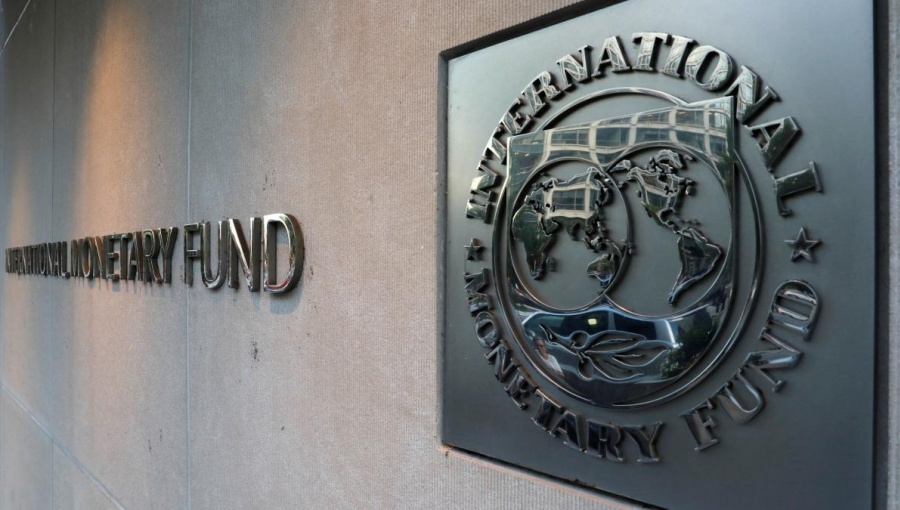
- Cryptocurrency usage has blossomed in emerging markets with weak financial systems and large numbers of unbanked citizens
- Increasing correlation between cryptocurrencies and equities is disconcerting for the IMF, which is calling on more comprehensive and consistent national and global regulation
It may come as no surprise that the countries where cryptocurrency transactions are most prevalent are in emerging markets.
From Vietnam to the Ukraine, locals are finding that using cryptocurrencies for a variety of transactions helps to make up for deficits in the existing financial system, which has tended to leave large swathes of the population unbanked.
And the growing popularity of cryptocurrencies is threatening to have a “destabilizing” effect on capital flows in emerging markets, especially when they have been used as a substitute to national currencies, at least according to the IMF’s Tobias Adrian, the IMF’s Financial Counsellor and Head of Monetary and Capital Markets Department.
In an interview with the Financial Times, Adrian noted,
“Crypto is being used to take money out of countries that are regarded as unstable. It is a big challenge for policymakers in some countries.”
Last week the IMF urged El Salvador, where Bitcoin was declared legal tender in September last year, to stop recognizing the cryptocurrency as such because of “large risks” posed to the stability and integrity of the country’s financial system.
Yet in a country where the vast majority of the population are unbanked and the U.S. dollar has long been used as legal tender, just because Bitcoin is volatile in and of itself does not exclude it from consideration as legal tender.
If nothing else, Bitcoin isn’t at the mercy of the whims and fancies of a foreign government, whereas the dollar is.
Undeterred, El Salvador’s President Nayib Bukele, which is seeking over US$1 billion in financing from the IMF, also plans to raise money by selling bonds linked to Bitcoin.
The IMF’s Adrian has observed that some emerging markets and developing economies are already facing “immediate and acute risks” as a result of their existing established currencies being replaced by cryptocurrencies, a process that has been dubbed “cryptoisation.”
According to Adrian,
“Capital flow management measures will need to be fine-tuned in the face of cryptoisation. Applying established regulatory tools to manage capital flows may be more challenging when value is transmitted through new instruments, new channels and new service providers that are not regulated entities.”
Part of the problem for emerging market governments is that years of neglect have led to a spirit of self-reliance and in many cases, a grassroots led effort to use cryptocurrencies without prior consultation or consideration from leaders.
Take the use of non-fungible tokens from blockchain game Axie Infinity for instance – entrepreneurial Filipinos and people from other emerging markets, took to playing the play-to-earn game when income from other sources dried up during the course of the pandemic.
If nothing else, the experience has shown them that governments couldn’t be relied upon to provide support during periods of economic difficulty, yet the cryptosphere was able to provide them with sustenance during these challenging times, even in some cases exceeding their previous wages.
While the IMF has urged national and global regulators to establish a coordinated and consistent approach to regulating cryptocurrencies, the odds of achieving that in sufficient time are slim.
The Biden administration is looking to take front and center in the U.S.’s cryptocurrency regulations and the U.S. Securities and Exchange Commission’s Chairman Gary Gensler has been rattling his saber for some time now to properly regulate what he’s termed the “Wild West.”
But given the speed at which cryptocurrencies develop and their movement into mainstream finance and their effect in that sphere, regulators are likely going to have to be playing catch-up than necessarily pre-empting the consequences of any unintended fallout.
The IMF’s Adrian notes,
“The correlation between crypto and equity markets has been trending up strongly. Crypto is now very closely tied to what is happening in equities. We can’t just dismiss it.”



